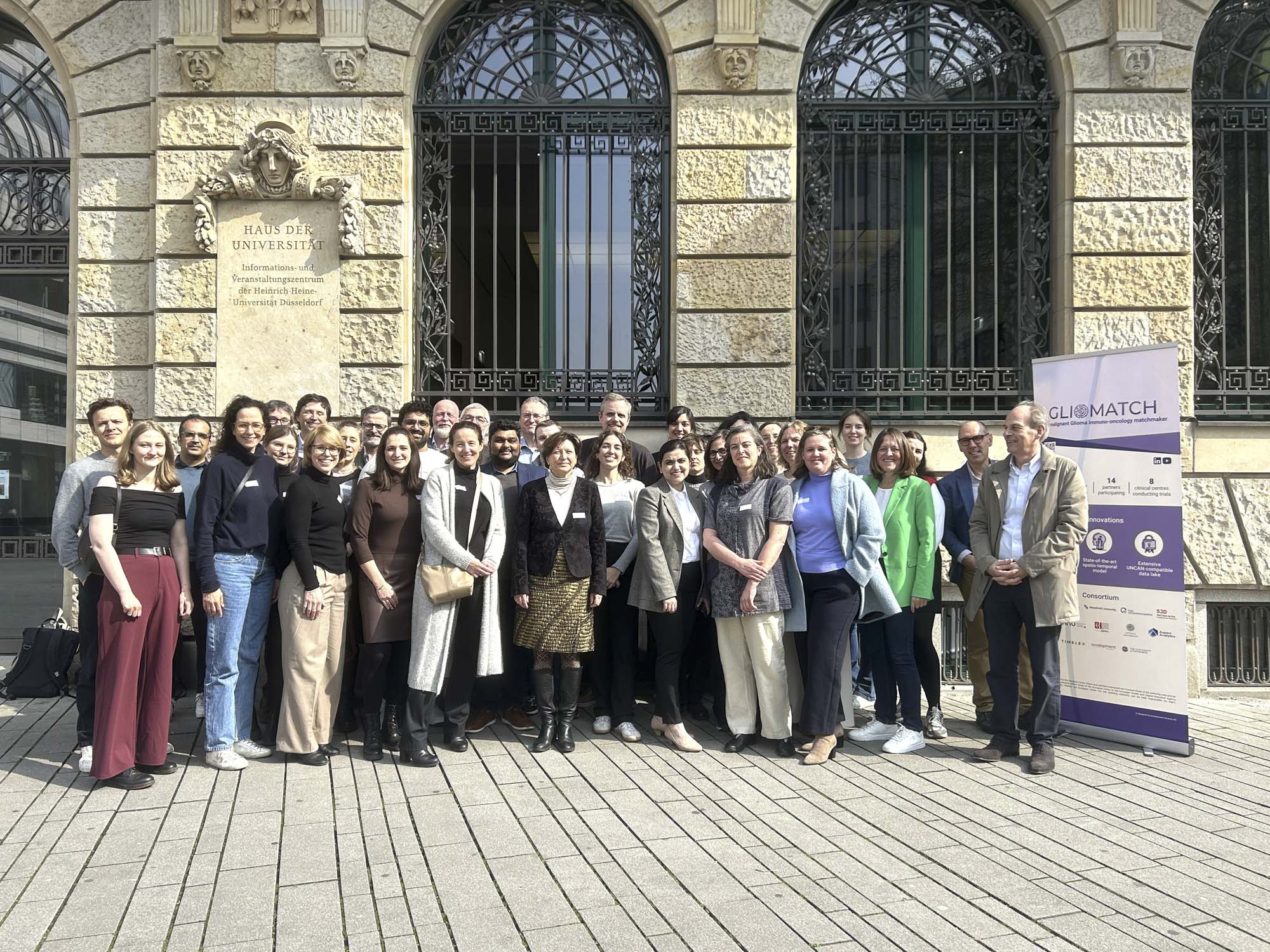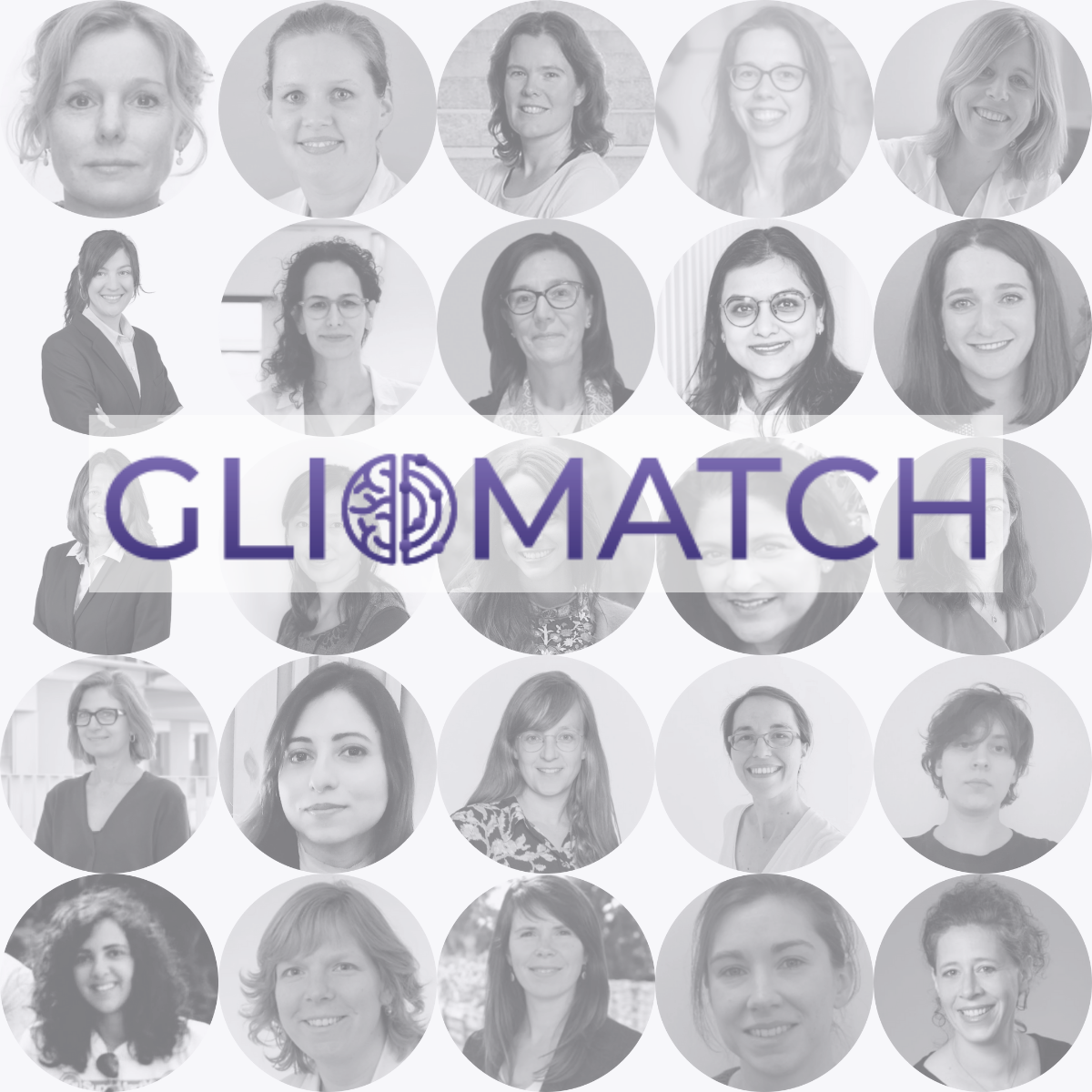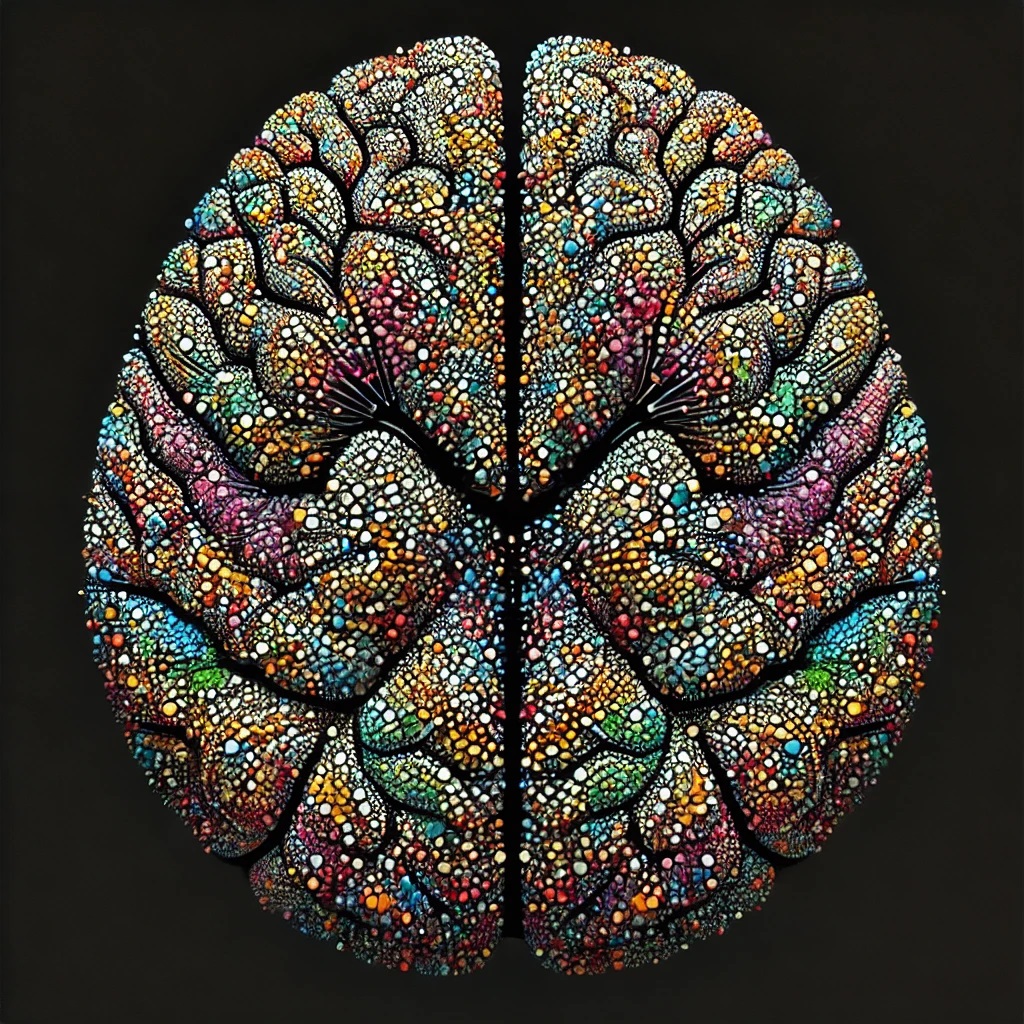The GLIOMATCH project has reached a key milestone with ethical approval from the UZ/KU Leuven Ethics Committee Research to conduct retrospective clinical trials for adult and paediatric glioma patients. This follows the earlier approval granted to Fondazione IRCCS Istituto Neurologico Carlo Besta, with approvals for other participating centres expected to follow shortly. Data collection for the trials will begin in 2025, marking a critical step towards advancing precision medicine for glioblastoma (GBM) and paediatric high-grade glioma (pHGG).
GLIOMATCH Retrospective and Prospective Clinical Trials
The clinical study combines retrospective and prospective data, with critical patient samples and data collected from eight leading neuro-oncological centres specialising in innovative immunotherapy for GBM and pHGG in both adults and children. Alongside the retrospective trials, a prospective study will involve the recruitment of new patients and data collection, aiming to impact patient care in participating countries while developing tools to benefit the wider neuro-surgical and neuro-oncological community.
Participating Institutions and Study Scope of Retrospective Trials
The retrospective studies will be conducted in collaboration with a network of leading institutions, including University Hospital Leuven (Belgium), Uppsala University (Sweden), Sant Joan de Déu (Spain), Oslo University Hospital (Norway), Heinrich Heine Universität Düsseldorf (Germany), Erasmus MC (The Netherlands), Rambam Medical Center (Israel) and Fondazione IRCCS Istituto Neurologico Carlo Besta. These trials will retrospectively analyse data from patients treated with immune-oncology therapies, with prospective studies planned for subsequent phases of the project in five of the centres mentioned above.
The retrospective studies will gather clinical and imaging data, as well as formalin-fixed paraffin-embedded tissue samples, to establish a robust dataset for further analysis. Both adult and paediatric cohorts will be included to ensure comprehensive insights into treatment outcomes. Visit our clinical trials page for more information.
Objectives and Implications of Retrospective Trials
The retrospective trials aim to:
- Identify long-term GBM survivors across eight clinical centres.
- Harmonise clinical data, including MRI imaging and case reports, to standardise trial methodologies.
- Integrate patient data into the broader GLIOMATCH workflow, supporting advanced omics and AI-based analyses.
These objectives, led by KU Leuven under Work Package 2, align with GLIOMATCH’s overarching goal to improve treatment pathways for GBM and pHGG patients.
Ethical Approval Under the EU Clinical Trial Regulation
This approval was granted under the updated EU Clinical Trial Regulation (CTR) (Regulation EU No 536/2014), which harmonises clinical trial procedures across Europe, enhances transparency via the Clinical Trials Information System (CTIS), and strengthens safety protocols. Successfully navigating these regulatory updates required coordinated efforts from GLIOMATCH partners, reflecting their commitment to rigorous and ethically sound research.
Next Steps
With ethical approval secured, GLIOMATCH will begin retrospective data collection in 2025. The findings will inform prospective trials and contribute to the development of personalised therapeutic strategies, leveraging multi-omics and spatial proteomics technologies. By integrating diverse datasets across its consortium, GLIOMATCH aims to deliver evidence-based approaches for one of the most challenging cancer types.
Please note that the GLIOMATCH project recruits participants directly through clinical centres involved in the research, and we are therefore unable to accept external requests for participation.





